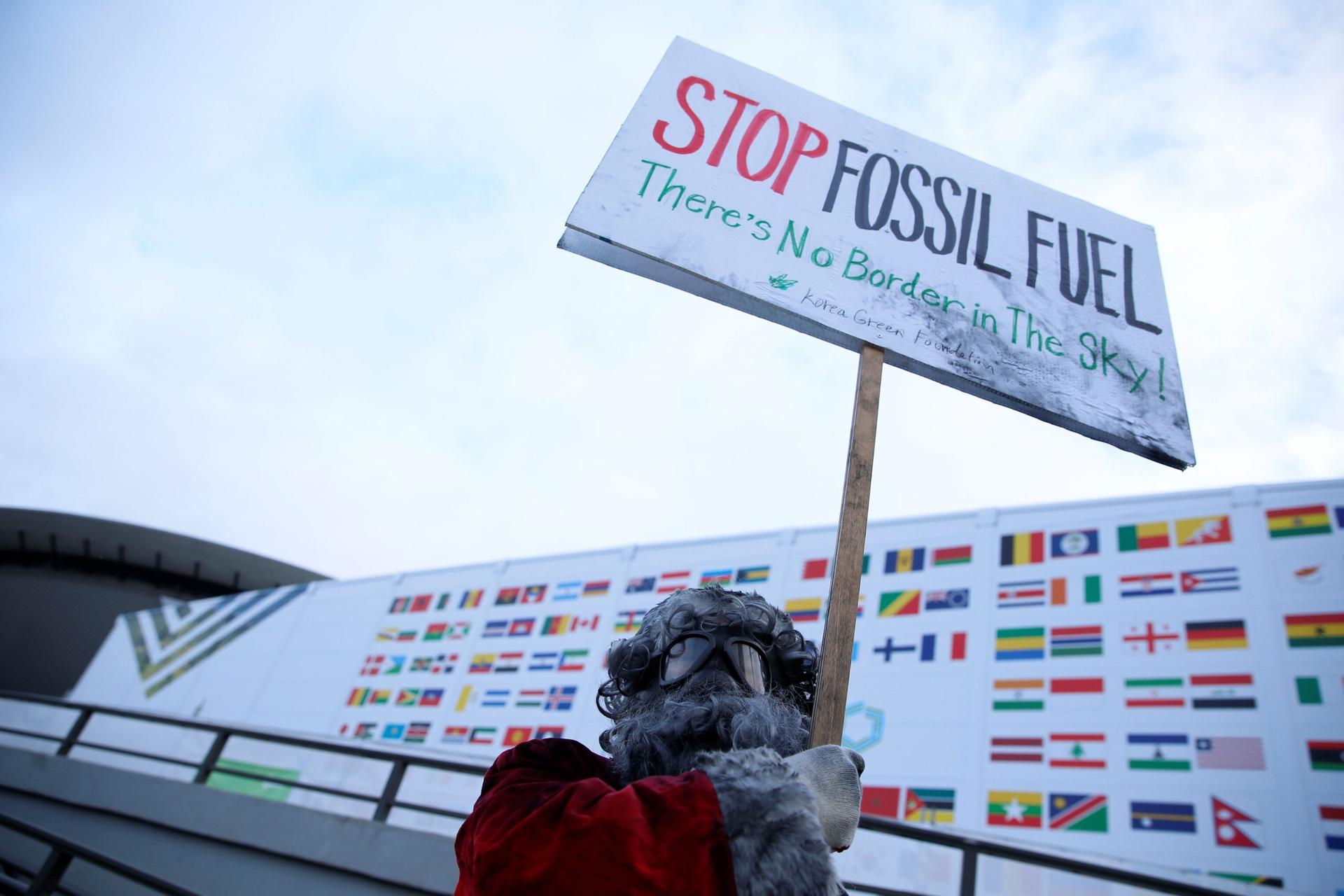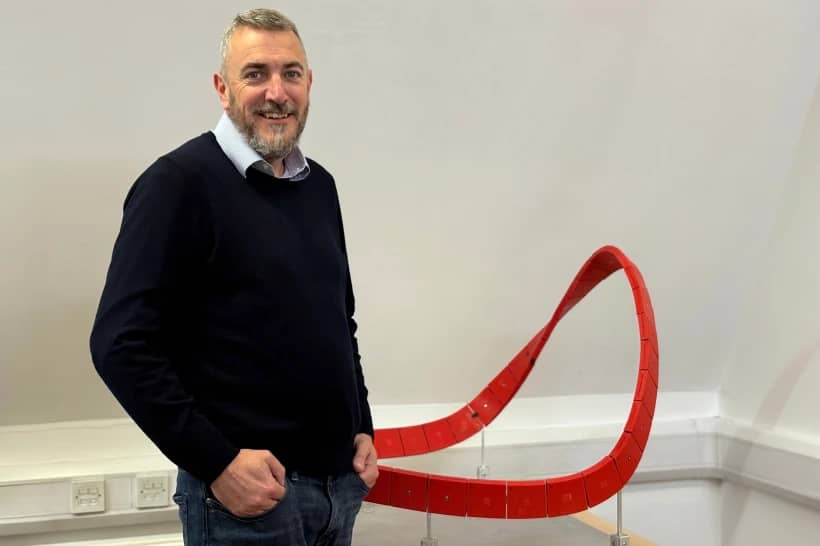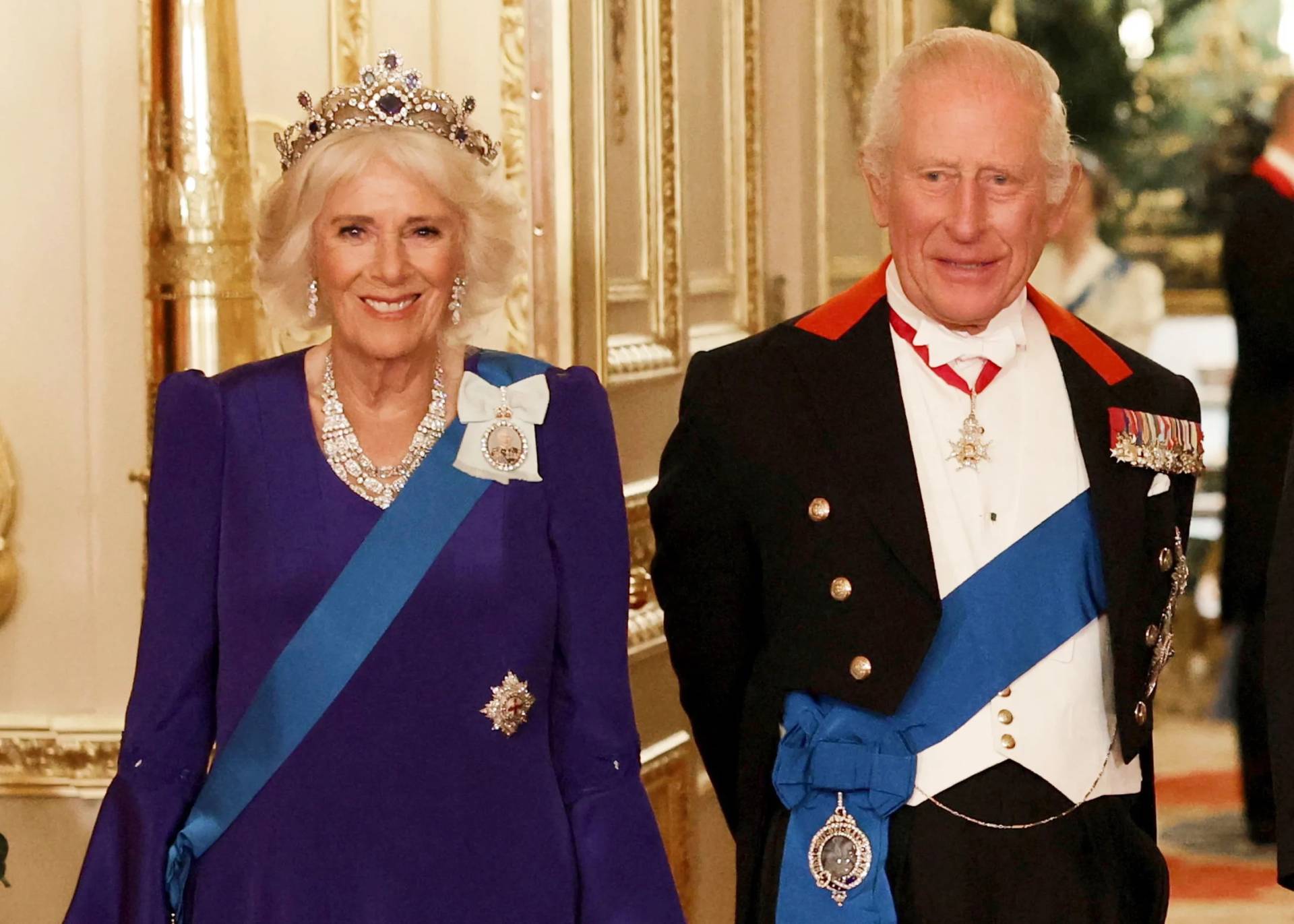LEICESTER, United Kingdom – England’s Catholic overseas development agency is calling on the UK government to stop funding fossil fuels with its development finance institution.
The Catholic Agency for Overseas Development (CAFOD), which is an agency of the Catholic Bishops’ Conference of England and Wales, issued a report on Monday claiming the CDC Group is investing hundreds of millions of dollars into fossil fuel investments, despite a pledge by the UK government to do more to tackle climate change.
The CDC Group – formerly the Commonwealth Development Corporation – was established by UK government to invest in businesses in developing countries and accounts for over half of the government’s overseas development aid.
According to the CAFOD report, the current asset value of CDC’s total energy portfolio is estimated at $1.64 billion, evenly split between fossil fuels and renewables; however, fossil fuels accounted for 85 percent of the total electricity generated and distributed through CDC investments in 2019.
On July 2, the CDC launched a new climate change strategy, where it pledged to place a “climate lens” over every sector in which CDC invests “to ensure that the companies it supports can reduce emissions and adapt to become more resilient to climate shocks.”
Dr. Sarah Wykes, Lead Analyst on Climate Change and Energy at CAFOD, said the current CDC climate change strategy “is not fit for purpose.”
“CDC has a huge exposure to fossil fuels. Nearly all its current direct investments and much of its indirect investment in fossil fuels would have got through under its new strategy. In addition, there are no plans to phase out existing fossil fuel investments,” she said.
“When it comes to investing in renewable energy to build a green recovery from COVID-19, CDC’s new climate change strategy is like the ‘Emperor’s New Clothes’ and this needs to be exposed. Given the importance of CDC as a channel for UK aid spending, urgent reform of its energy portfolio is needed,” Wykes said.
The CAFOD report says CDC support for fossil fuels is likely to be larger than the figures provided by the corporation “due to additional support to fossil fuel use through managed fund investments, and CDC’s investments in financial institutions which finance fossil fuel-related activities.”
The report on CDC’s fossil fuel investments comes as the UK’s department for development has been merged with the foreign affairs office to create the new Foreign, Commonwealth and Development Office (FCDO).
This merger has raised alarm bells for the UK’s major Catholic aid agencies, who have expressed concern that the country’s aid policy will become too intertwined with its foreign policy goals.
Wykes called on the FCDO to stop all new fossil fuel investments through the CDC and phase out existing investments by 2021, when Glasgow will host the UN Climate Summit.
She noted the UK government has “pledged to align public finance with delivering low-carbon, climate resilient development,” and divestment in fossil fuels is necessary “for this pledge to be credible.”
The CAFOD report made several other recommendations for the UK government:
– Align all CDC investments with delivering the UK’s climate change commitments under the 2015 UN Paris Agreement and the UN’s Sustainable Development Goals. In addition, CAFOD calls the CDC to become the UK’s Green International Bank (GIB), after the Green Investment Bank was privatized in 2017;
– The CDC’s mission should be to support developing countries in transitioning or leapfrogging to low- carbon, climate-resilient development pathways, including through its post-COVID response. This includes extending the CDC’s lending mandate to national and sub-national governments in developing countries so that it can support public investments in low-carbon, climate-resilient infrastructure and services, including in the energy sector;
– Exclude fossil fuels from the CDC’s energy portfolio, with the only exception being investments in LPG or natural gas for clean-cooking access for people living in poverty. CAFOD urges an independent assessment of the energy poverty-reducing impacts and avoided emissions of such investments be carried out, including consideration of transition pathways to cooking with clean electricity and renewables;
– To improve the transparency and accountability of its investments, and reflect the particular complexity of its investments via managed funds and other financial intermediaries, CDC should disclose publicly and in a timely manner: the initial and current value of all investments through managed funds, the drawn down and current value of every direct investment, details of all investments made by financial institutions in receipt of CDC investment and the investment terms for all investments.
In a statement released on Sept. 11 – before the CAFOD report – the CDC said it had “a clear path” to supporting developing nations in their progress towards the goal of net zero carbon emissions.
The CDC statement said an immediate divestment in fossil fuels “would simply offload the problem onto other investors.”
“While that might improve our portfolio, ultimately it won’t benefit the host country or the planet, because we’d just be dumping assets and emissions from our portfolio to someone else’s,” it continued.
It also noted that the legal terms of existing fossil fuel investments made prior to the new Climate Change Strategy require the CDC to continue projects that would not have met the new criteria.
“Ultimately, our goal is that by 2050, or earlier if that is the national plan, the countries we invest in will be powered by 100 percent renewable energy with the accompanying electricity storage capacity to make this possible,” the CDC said.
Follow Charles Collins on Twitter: @CharlesinRome

















